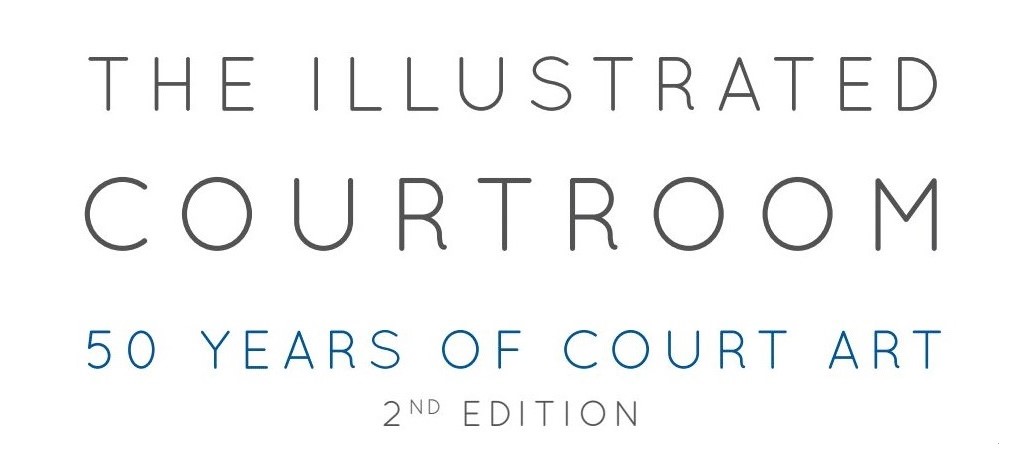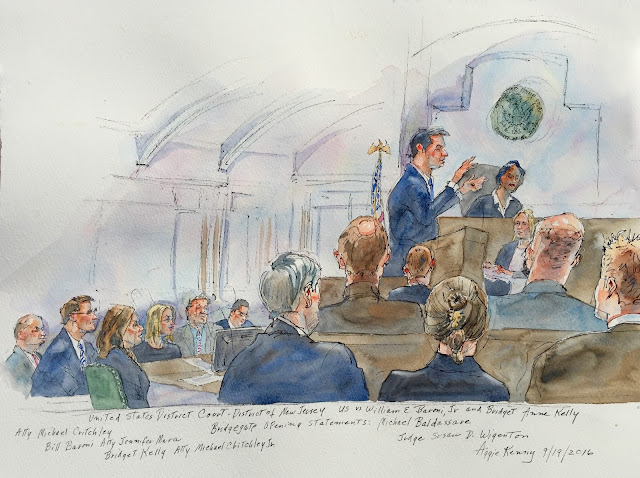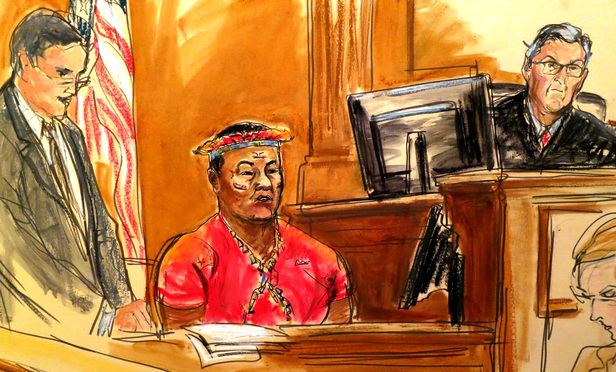Big Apple Circus Gets Buyers’ Expressions of Interest
Big Apple Circus has received expressions of interest in buying the organization that is plying its way through bankruptcy proceedings.At the hearing, U.S. Bankruptcy Judge Sean Lane expressed hope Big Apple Circus, which filed for chapter 11 this week after an emergency fundraising drive came up short, would be able to find a buyer.
“Hopefully, bankruptcy will serve the Big Apple Circus well,” Judge Lane said during the hearing in Manhattan.
Founded in 1977, Big Apple Circus’s one-ring show became a New York cultural institution, with holiday-season performances at the Lincoln Center and later on tour. The circus held special performances for children with autism and visual and hearing impairments. It also offered free and discounted circus tickets for disadvantaged children, court papers say.
Mr. Updike told Tuesday’s hearing that beginning around 2009, Big Apple Circus’s revenue began to plummet, as financial institutions and law firms cut back on private performances.
Mr. Updike and his firm, Debevoise & Plimpton LLP, are representing Big Apple Circus pro bono.
Big Apple Circus has scaled down its staff, Mr. Updike told the court, and is now running with the minimum number of people needed to keep operating. Most of the staff are part-time and involved with the organization’s “Clown Care” community-outreach program, which sends professional clowns to pediatric hospitals, he said.
An emergency fundraising drive was launched in June, but contributions Big Apple Circus received weren’t enough, prompting the organization to cancel its 2016-2017 performance season. Aside from marketing its circus equipment and intellectual property, Big Apple Circus intends to sell its training and storage facilities in Walden, NY.




























